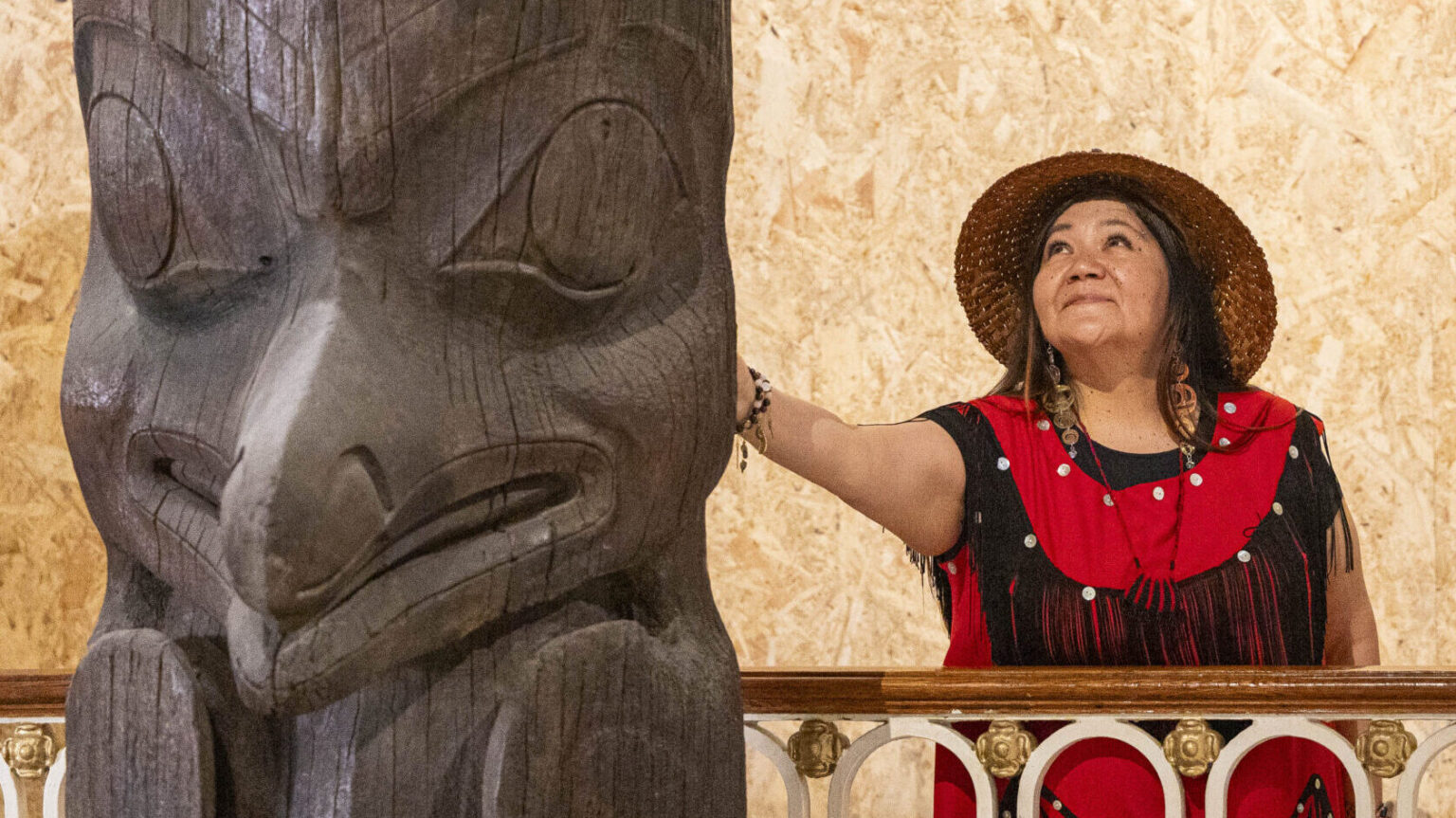Enjoy this article?
Most Museums Journal content is only available to members. Join the MA to get full access to the latest thinking and trends from across the sector, case studies and best practice advice.

International repatriation should be recognised and prioritised by the UK Government as a human rights issue, according to a policy briefing published this month.
Routes to Return: Working Towards International Repatriation, an organisation set up by museum professional Amy Shakespeare to advocate for a better approach to repatriation, has called on the government to create a national policy and provide funding to facilitate the repatriation of Indigenous human remains and cultural property from UK collections.
The policy briefing urges the government to act on its commitment to the United Declaration on the Rights of Indigenous Peoples 2007 (UNDRIP), which says in Article 12 that “states shall seek to enable the access and/or repatriation of ceremonial objects and human remains in their possession through fair, transparent and effective mechanisms developed in conjunction with Indigenous Peoples concerned”.
The briefing says there is a European-wide skills gap on repatriation that UK expertise could help to fill. It states: “The UK’s museum sector has already been slowly undertaking this work with little support for over 30 years, so by providing national policy and funding for international repatriation, the UK has the opportunity to become a world leader in international repatriation.”
The briefing calls on the government to update existing guidance on repatriation, restitution and the care of human remains “to reflect current best practice and provide a national policy for repatriation that enables institutions to act autonomously on repatriation, whilst providing a national mandate that repatriation is an important part of their work”.
It says “specific ongoing funds” should be made available via the Department for Culture, Media and Sport (DCMS) and the Arts and Humanities Research Council (AHRC) for provenance research, training and skills programmes, as well as the physical return of human remains and artefacts.
The briefing also calls for national museums and galleries to be “given the powers needed to act independently, and be included in sections 15 and 16 of the 2022 Charities Act, enabling them to repatriate cultural items on moral grounds”.
The previous UK Government amended the act earlier this year to specifically exclude national collections.
The briefing outlines the potential of repatriation “as a form of soft power which could aid international power relations and diplomacy”.
In addition to aiding diplomacy, the document states that international repatriation is a significant part of cultural healing and revitalisation for Indigenous nations, as well as playing “a powerful role in the recognition of sovereignty and the commitment to operating nation to nation with Indigenous nations”.
The policy briefing comes in the context of a greater move towards international repatriation among many European nations, with France, Germany and the Netherlands among those to have produced national guidelines and policy.
This follows the publication of the seminal Sarr-Savoy Report commissioned by French president Emmanuel Macron in 2018, which recommended large-scale repatriation of African cultural property.
However, the policy briefing states that “whilst many European countries have appeared to have taken action, they have done so in state-centric ways that limit the full realisation of enacting this human right”.
It adds: “To date there has been a low number of returns conducted by these countries, due to their efforts being led by national governments rather than institutions, and further prohibited by a lack of skills and experience in repatriation.”
The briefing aims to give “key insights on how the UK could uphold its commitment to UNDRIP and support the healing and cultural revitalisation of Indigenous Nations by becoming world leaders in repatriation and recognising its potential as a form of international diplomacy”.
It calls for more research undertaken “around how many, and which, ancestors and belongings are held in UK collections, their provenance, and how many repatriations have occurred, in order to inform future policies and practice and measure the UK’s progress on this issue – both to enable museums to undertake this work and to hold them accountable”.
Policy briefing recommendations
- The UK should update and amalgamate Guidance for the Care of Human Remains in Museums Part 3: Claims for the Return of Remains (2005) and the Arts Council England Restitution and Repatriation: A Practical Guide for Museums in England (2023) to reflect current best practice and provide a national policy for repatriation that enables institutions to act autonomously on repatriation, whilst providing a national mandate that repatriation is an important part of their work.
- DCMS and AHRC budgets should include specific ongoing funds for provenance research, training and skills programmes, and the physical return of ancestors and belongings to enable institutions to undertake this work.
- National museums and galleries should be given the powers needed to act independently, and be included in Sections 15 and 16 of the 2022 Charities Act, enabling them to repatriate cultural items on moral grounds.
Most Museums Journal content is only available to members. Join the MA to get full access to the latest thinking and trends from across the sector, case studies and best practice advice.